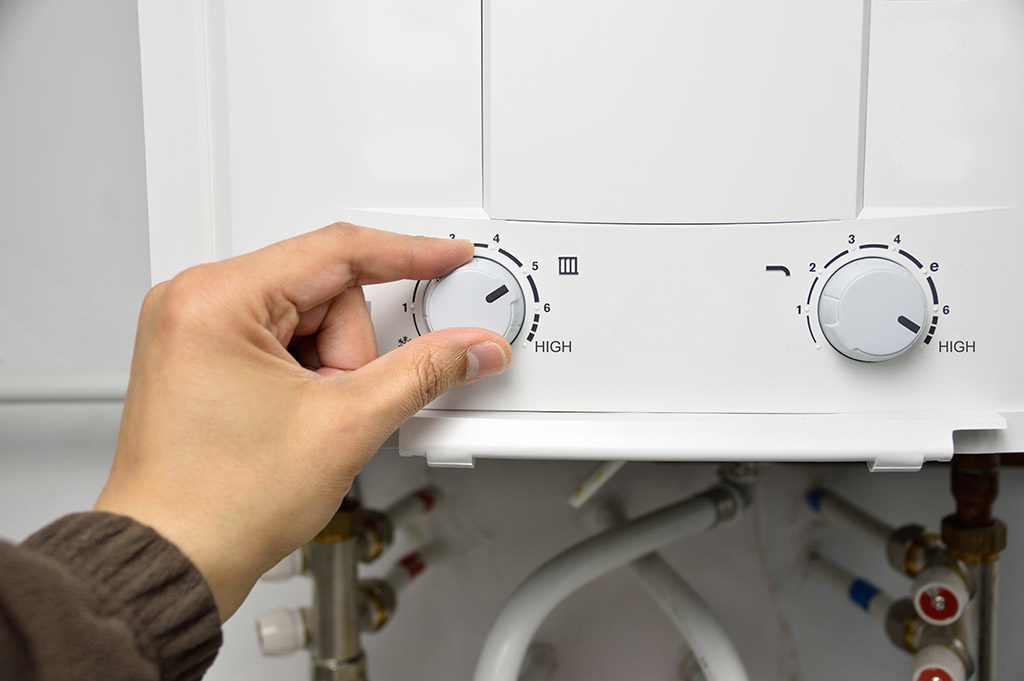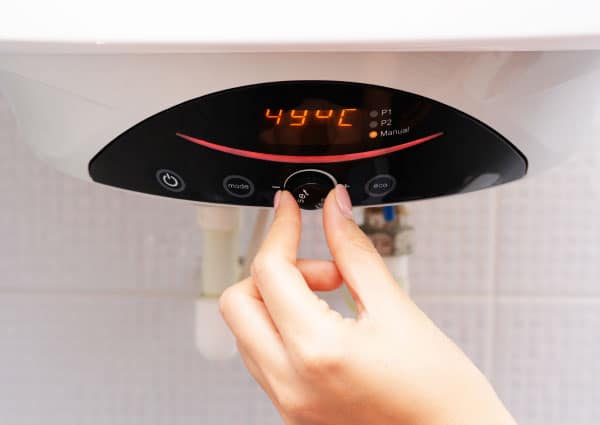Tackling the Usual Hot Water Heater Emergency Challenges
Tackling the Usual Hot Water Heater Emergency Challenges
Blog Article
Do you find yourself on the lookout for tips around Is Your Water Heater Leaking??

A water heater is among the most essential standard devices that can be found in a house. With hot water heater, you don't need to experience the anxiety of heating water manually every single time there is a need to wash, do the laundry, or the dishes. Nonetheless, there is always a possibility that your water heater would certainly break down as with many mechanical devices.
It is essential to note any little malfunction and also tackle it quickly prior to things get out of hand. Many times, your water heater starts to malfunction when there is a build-up of debris as a result of continuous use. As a preventative measure, routine flushing of your water heater is recommended to prevent sediment buildup as well as prevent useful failing.
Typical water heater emergency situations and how to manage them
Insufficient hot water
Taking care of a not enough supply of hot water can be irritating. It may be that the water heater can not sustain the warm water demand for your apartment or condo. To deal with this trouble, you can attempt to change your heater's temperature dial and also await a few minutes. If the problem persists, you can request the aid of a professional plumber. Additionally, you could upgrade your hot water heater to one with a larger capability.
Varying water temperature.
Your hot water heater can start creating water of different temperatures normally ice scalding or chilly warm. In this circumstance, the first thing you do is to ensure that the temperature is set to the wanted level. If after doing this, the water temperature keeps changing during showers or other activities, you may have a defective thermostat. There may be a demand to replace either the thermostat or the heating device of your hot water heater.
Leaking hot water heater tank.
In this situation, you must transform off your water heating unit, enable it to cool down, and also thoroughly look for the source of the issue. At times, all you need to do is to tighten a few screws or pipeline links in situations of minor leakages. If this does not function as well as the leakage continues, you might require to utilize the solutions of a service technician for a proper substitute.
Discolored or smelly water
When this happens, you need to understand if the problem is from the tank or the water source. If there is no funny smell when you run cold water, after that you are specific that it is your water heater that is faulty. The smelly water can be created by corrosion or the build-up of germs or debris in the water heating system storage tank.
Conclusion
Some home owners neglect little warning and also minor faults in their water heater unit. This just brings about more damage and a possible complete malfunction of your home appliance. You must handle your water heater faults as soon as they come near prevent even more costs and also unneeded emergency troubles.
With water heating units, you don't require to go with the stress of home heating water manually every time there is a demand to take a bathroom, do the laundry, or the meals. It might be that the water heating system can not sustain the warm water demand for your apartment. Your water heater might begin creating water of various temperatures generally ice chilly or scalding warm. If there is no funny odor when you run chilly water, then you are certain that it is your water heating system that is defective. The stinky water can be caused by rust or the accumulation of microorganisms or debris in the water heating unit storage tank.
Water Heater Burst: Why This Happens And What To Do Next
Water Heater Explosion Warning Signs
Since storage water heaters are made of metal and store large volumes of heated water, they carry an increased risk of leaking or even exploding as they begin to rust at the fittings and seams over time. If the thermostat controlling the water temperature within the tank is faulty, or if mineral buildup inside the water heater prevents the thermostat from sensing the water’s temperature correctly, the water could become overheated. This will expand its volume within the tank, causing it to press at the tank’s fittings and seams. If these fittings and seams are rusted or corroded, the pressure could result in a leak or even an explosion.
Here are some risk factors and warning signs of an increased risk of water heater leak or explosion:
Your water heater is more than 10 years old. Your water heater makes clanking, banging or rumbling noises as it heats up, indicating that sediment has built up and hardened inside the tank. There is visible rust on the outside of the water heater, especially located at the pipe fittings or the seams that run down the tank. There is rusty water coming from your water heater, indicating that there may be rust building up inside. Your water heater is leaking, which could indicate either a crack somewhere in the tank or a malfunctioning temperature-and-pressure (T&P) relief valve. What To Do When Water Heater Leaks
If you find water dripping or seeping out of your water heater, or pooling around it, it means your water heater is leaking. If you find a leak, it may be best to call a plumbing professional to diagnose the problem and determine how best to handle it. If you choose to tackle it on your own, there are a few things you can do.
TURN OFF THE POWER
Next, shut off the power to the hot water tank at your home’s electrical breaker box. If you don’t shut off the power, the heating elements within the tank could continue to stay hot, which could pose a fire risk.
If you have a gas-powered water heater, you’ll also need to shut off the gas line leading into the tank.
FIND THE LEAK
Now it’s time to determine where the leak is coming from. Likely locations are the T&P valve, the drain valve or one of the pipes or fittings that feed into the top of the tank. If you see any rust or corrosion on the outside of your water heater’s tank, pipes or fittings, these could also be the source of the leak.
REPAIR THE LEAK
Once you determine the source of your water heater leak, you’ll have a better idea of what steps you need to take to fix the problem. It may be a simple fix—such as using a wrench to tighten fittings or replacing the T&P valve—but it may be something more complicated. You may even need to drain the tank, remove the water heater and install a new one.
https://www.abchomeandcommercial.com/blog/water-heater-burst/

I am very involved in The Importance of Water Heater Maintenance and I really hope you enjoyed reading the entire article. Are you aware of somebody else who is fascinated by The Importance of Water Heater Maintenance? Take a moment to promote it. Thank-you for going through it.
Get An Estimate Report this page